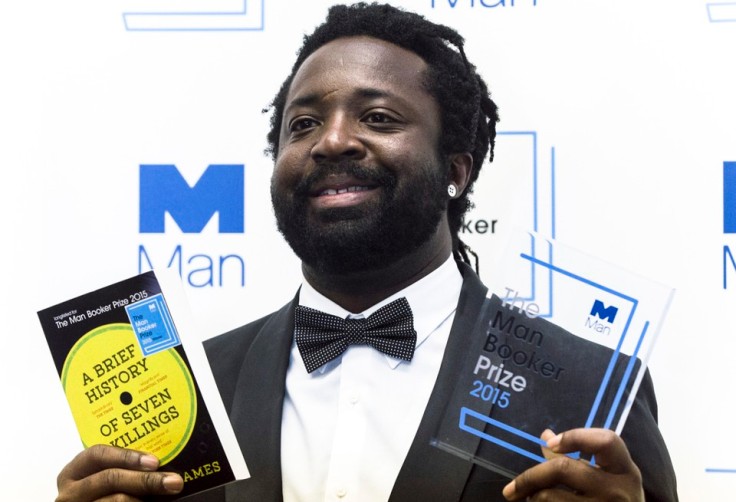 Triumph in the face of adversity is a narrative as American as apple pie. And why shouldn’t it be? We’re a nation of people who came out on top — we beat the British for independence, the Germans for international dominance and the Russians in a race to the moon. We cherish our winners, and we cheer them on even in the face of overwhelming odds.
Triumph in the face of adversity is a narrative as American as apple pie. And why shouldn’t it be? We’re a nation of people who came out on top — we beat the British for independence, the Germans for international dominance and the Russians in a race to the moon. We cherish our winners, and we cheer them on even in the face of overwhelming odds.
Like most things, however, that uplifting narrative can have a dark side, and that’s a point laid bare by Kavita Das, writing for The Atlantic in an article titled “Writers Shouldn’t Romanticize Rejection,” as she profiles the troubling lack of diversity in the publishing industry.
Das writes about Jamaican author Marlon James, whose novel A Brief History of Seven Killings, won the Man Booker Prize in 2015 — and that many latched onto the story of how James’ first novel, John Crow’s Devil, was rejected 80 times before being published. What an inspiring tale, they said: rejection after rejection and he still pursued his dream. How American!
But why, Das wonders, was James’ work rejected in the first place? How was a writer with such obvious talent — enough to win one of literature’s most prestigious awards — overlooked again and again? “Was it lack of imagination on the part of those publishers?” she asks. “Was it unconscious bias against a new and unfamiliar narrative — one that they didn’t regard as ‘mainstream?’ ” If that’s the case, Das argues, then the industry as a whole has a deep-seated problem with knowing what readers want. Rather, many publishers can’t see the forest for the trees: they’re so concerned with finding works that will appeal to everyone that they don’t realize diversification might be the answer.
That’s not exactly surprising, according to Das — the system of the publishing industry is inherently lopsided, leaning heavily in favor of Caucasians. In 2015, 89 percent of the publishing workforce was white; in 2011, of all the books reviewed by the prestigious New York Times Book Review, 90 percent were done by whites. When the industry is dominated by that kind of unbalanced workforce, Das points out — when the odds are stacked against writers of color even getting their works published, let alone being reviewed by someone with the same ethnicity — the already slim chances of getting a novel published become practically non-existent for people of color.
Furthermore, this inequity among the movers and shakers of the publishing world means a skewed perception of what readers actually want: believing that white readers only want stories by white authors keeps many a good novel from being published. Das notes that “not having an audience” for a potential work is one of the main reasons cited by a publisher when rejecting a work, when in reality, there are dozens, hundreds, of audiences in a society that is becoming increasingly more diverse. It’s dangerous, Das argues — it means that not only is an industry meant for sharing stories is out of step with who wants to share, it reflects a balance of power that remains with the white majority. Das cites a quote from author Chimamanda Ngozi Adichie, who gave a TED talk on “the single story”:
“It is impossible to talk about the single story without talking about power. There is a word, an Igbo word, that I think about whenever I think about the power structures of the world, and it is nkali. It’s a noun that loosely translates to ‘to be greater than another.’ Like our economic and political worlds, stories too are defined by the principle of nkali: How they are told, who tells them, when they’re told, how many stories are told, are really dependent on power.”
It’s not that Das doesn’t feel happy for writers who experience constant rejection and still forge ahead with their dream of getting published, she says. But she hopes to see a future in which more books are published that reflect the incredibly diverse world in which we live — and the only way to do that is to remedy the issue of diversity within the very industry that’s supposed to help people tell their stories.
Leave a comment